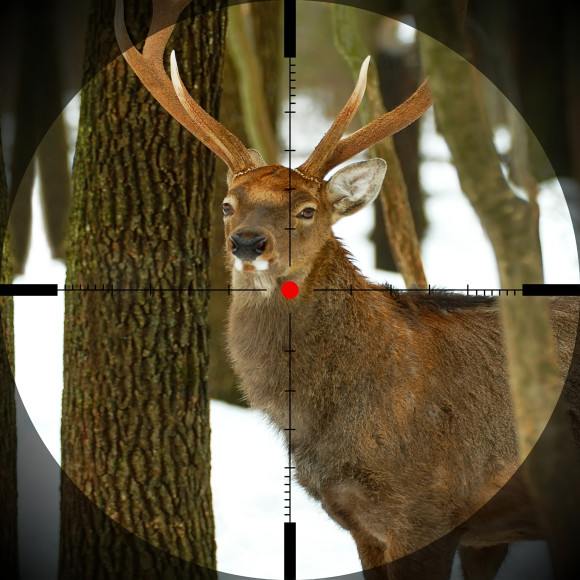Deer breeding operations can generate high receipts. A relatively new type of risk, deer breeding has many peculiarities that agents should be aware of to better service their clients. Here are some of them:
- Fencing is imperative when looking at deer breeding operations. Because of the ability of this type of livestock to jump an average fence, the entire perimeter must be game fenced. Some carriers will approve 8-foot game fencing, and others may not allow anything under 10 feet. Because most farm/ranch policies don’t include deer in the definition of livestock, the insureds need to make sure to keep them safe and enclosed.
- Deer are bred in two ways. They may be penned in a game fenced area during breeding season where they will breed naturally. Alternatively, bucks will be darted in the field and the semen extracted. A vet may then come onsite and artificially inseminate a darted doe. When using a veterinarian onsite, their coverage needs to be verified and a certificate of insurance obtained. Also, make sure the vet has experience with this type of procedure.
- When bucks are darted and semen extracted, the appropriate pens must be available in which to allow them to wake up after the medication has worn off. Pens need to be dark and enclosed, and the animals should be kept away from each other. The bucks are then placed into an outside pen until they can be safely released to their natural habitat. To ensure that both employees and other livestock are not injured, the buck’s horn racks must be removed. This will limit the liability exposure of injury for everyone on premises.
- Operations may breed high-valued bucks to sell their offspring to other hunting ranches, which advertise such stock to draw high-priced hunts. Others breed to increase the stock on their own premises. Breeding options affect the rating for insurers because selling the deer increases products exposure and needs to be charged for appropriately.
- Hunting is an incidental operation that will probably take place on the premises. This exposure can be minimal if only employees and family members are allowed to hunt. If the insured sells hunts to outside parties to increase profit, this could be an additional liability exposure that needs to be addressed and charged for by the insurer.
- When hiring outside of the operation to extract and store semen, it is very important to verify that the outside party has its own coverage, and to obtain a certificate of insurance.
- Semen storage is also something to look at when writing these types of operations. The semen of prize bucks can be very highly valued. This semen needs to be stored in a temperature-controlled facility that will provide coverage for spoilage in the event that the facility’s systems fail and the semen becomes no longer viable.
- When livestock is being sold to others, they are either picked up by the new owner or delivered to the new premises. Because transporting deer can be a difficult task, many times owners/buyers outsource the delivery. Care, custody and control needs to be in place by the hauling company to make sure that in the event the stock doesn’t make it through the delivery, the money for the livestock isn’t lost.
- When dealing with high-value livestock, coverage for the animal itself definitely needs to be in place. But sometimes, in addition to a prize buck the doe herd should be insured, as well. Mortality/livestock policies can help with this exposure. Coverage forms vary from carrier to carrier, but usually coverage can be tailored depending on the circumstances. Whether it is a policy for a $250,000 prize buck, or a limit on the entire herd, policies can be purchased for both types.
- Because these operations can generate high receipts, and tend to have increased land/property values and expensive stock, an umbrella policy is a wise choice for these risks. And because this is a fairly new risk, the limits that could be paid are undetermined. Being prepared for a high-liability loss will help keep the operation intact and moving forward during a claim.
Topics Agribusiness
Was this article valuable?
Here are more articles you may enjoy.



 Trapped Tesla Driver’s 911 Call: ‘It’s on Fire. Help Please’
Trapped Tesla Driver’s 911 Call: ‘It’s on Fire. Help Please’  Howden-Driven Talent War Has Cost Brown & Brown $23M in Revenue, CEO Says
Howden-Driven Talent War Has Cost Brown & Brown $23M in Revenue, CEO Says  Married Insurance Brokers Indicted for Allegedly Running $750K Fraud Scheme
Married Insurance Brokers Indicted for Allegedly Running $750K Fraud Scheme  AIG, Chubb Can’t Use ‘Bump-Up’ Provision in D&O Policy to Avoid Coverage
AIG, Chubb Can’t Use ‘Bump-Up’ Provision in D&O Policy to Avoid Coverage 


